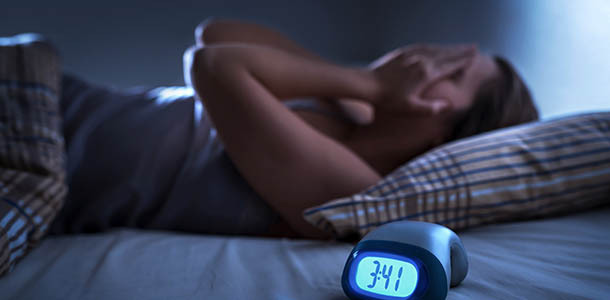
Sleep problems are common in children and can impact all aspects of a child’s functioning. Some problems are a result of the interactions between behaviour, environment, and psychosocial issues.
Common behavioural sleep problems include:
There are also primary sleep disorders (e.g., obstructive sleep apnea) that can lead to daytime behavioural problems. Sleep problems and/or sleep disorders may result in daytime sleepiness, behaviour problems (e.g., hyperactivity, inattention) or irritability. It is important for children to not only have good quality sleep but to get enough sleep every night. Healthy sleep habits can help children with both sleep quantity and sleep quality.
A child’s sleeping habits and the number of hours needed for sleep each night can vary depending on where the child is at in the stages of development. Some general pediatric sleep guidelines for the amount of sleep needed for children by age range include the following:
Sleep impacts every aspect of child development, including learning, processing and remembering information. Lack of sleep can also prevent a child from paying attention in school or focusing on learning. Further, a child’s mood and behaviour are affected by a lack of sleep.
Other aspects of development impacted by insufficient sleep include growth (i.e., growth hormone is released during sleep for young children), obesity (insufficient sleep causes weight gain) and health. In particular, a child’s immune system can weaken without enough sleep. A weakened immune system can affect a child’s ability to fight off a cold and stay healthy.
Often times when a child is not getting enough sleep, the parents are not either. When a child cannot fall asleep or wakes up early, one or both parents are often awake with the child. Lack of sleep for parents can affect their own daytime functioning, including parent mood, performance at work, ability to manage the child’s behaviour and ability to drive.
Tension can occur within the family if parents do not agree on a sleeping schedule or disagree on how to manage a sleeping problem. Family conflict can also have an effect on a child’s sleeping habits.
There are some simple ways to tell if your child is not getting enough sleep at night:
